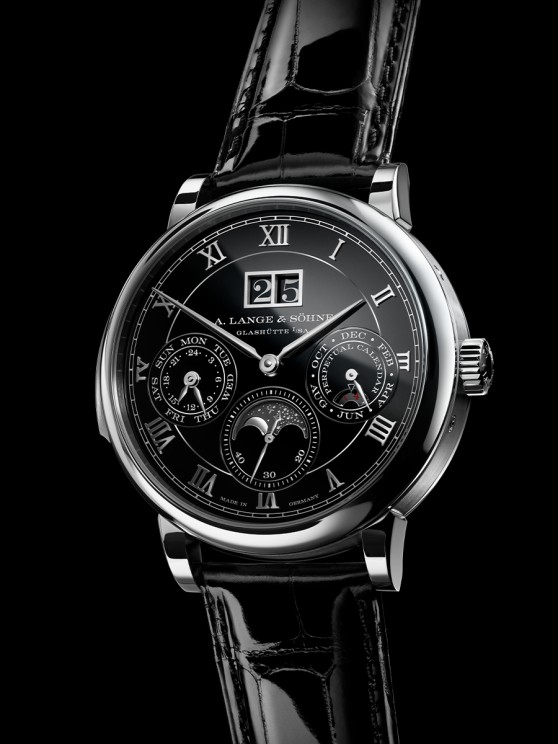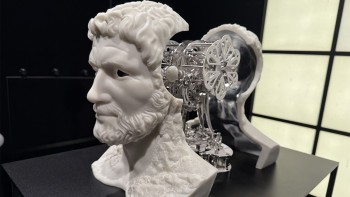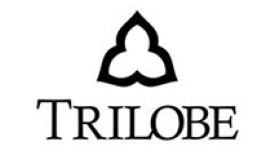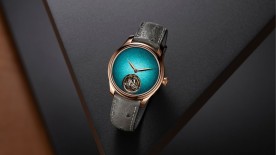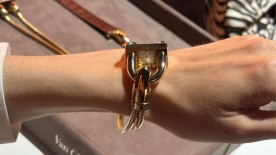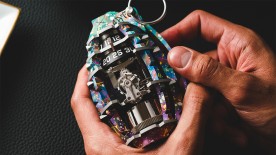1. The most baffling: Le Temps Retrouvé, by Trilobe
At first, it makes you smile: Le Temps Retrouvé (Time Regained) responds to Temps Perdu (Time Lost), which, last we heard, Proust was still searching for. It’s a rather obvious reference. But it doesn’t prepare you at all for the almost existential shock of discovering the automaton that brings it to life. Le Temps Retrouvé takes the form of a human bust. The prototype is inspired by Greek art. Split in two, it opens up its skull to reveal an imposing watchmaking mechanism. It displays the hours through petals, and the minutes via its eyeballs, which rotate in place of a minute hand. The automaton can also breathe—and when it does, it releases a fragrance of your choice. The piece is designed by Trilobe and made by Boris Masur in Sainte-Croix, a historic center for automatons. For €400,000 excluding tax, collectors can order a version with any face mold they choose—even their own. The metaphysical shock of facing a breathing automaton that stares you in the eyes is profound and dizzying—Trilobe literally "embodies" time with unparalleled uniqueness.
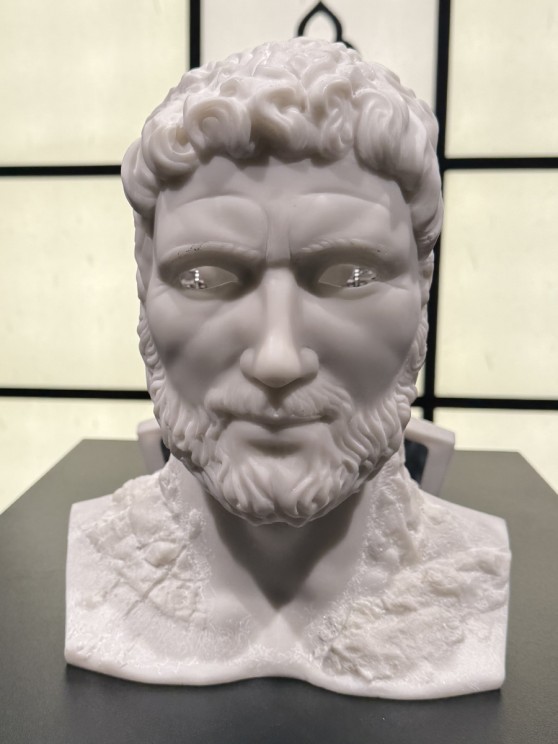
2. The most authentic: 1816, by Louis Moinet
Louis Moinet invented the chronograph, a fact brought to light by Jean-Marie Schaller. But what do you do with such a legacy? Both essential and monumental, it’s not easy for the workshops now carrying his name to honor it without distortion. So, the CEO and Creative Director of the Saint-Blaise (NE) atelier waited nearly 10 years after the discovery to produce the aptly named 1816, after the date of the first chronograph’s creation. The guiding principle was fidelity. Despite being 210 years apart, the original 1816 “Compteur de Tierces” and its 2025 tribute are in dialogue. The design translation across centuries works surprisingly well. The 40.6 mm titanium case features Louis Moinet’s first-ever integrated metal bracelet. The movement is entirely original, with 330 components. A rare and significant piece—essential for any chronograph enthusiast.
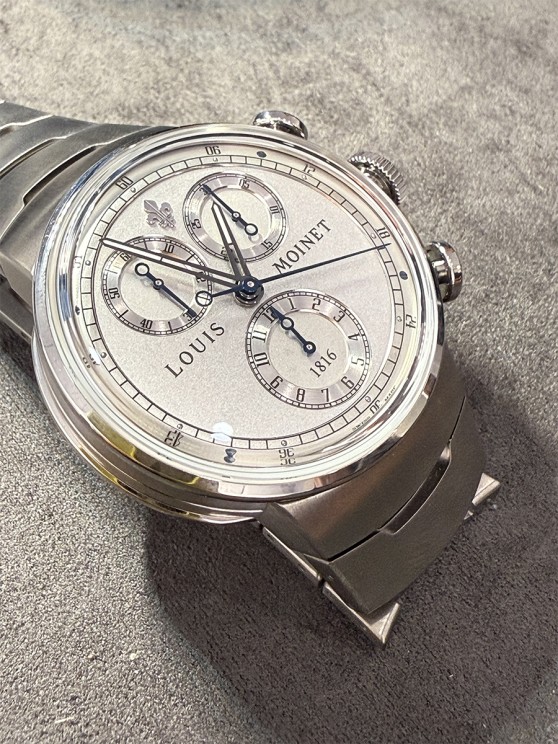
3. The most extreme: Solaria, by Vacheron Constantin
We don’t usually dwell on numbers, but still: 41 complications, 13 patent applications, 8 years of development, 1,521 components. Solaria, by Vacheron Constantin, is record-breaking. Figures like that usually describe a pocket watch—but this is a wristwatch, and a relatively compact one at 45 mm. The miniaturization effort is unprecedented. The watch is also remarkably coherent in concept, with a focus on astronomical complications. It has three gear trains: one for civil time (24h), one for sidereal time (23h 56m 4s), and one for solar time (which varies from -16 to +14 minutes relative to civil time, depending on the season). Solaria, true to its name, is deeply linked to the sun—it can predict its position, height, culmination, and declination.
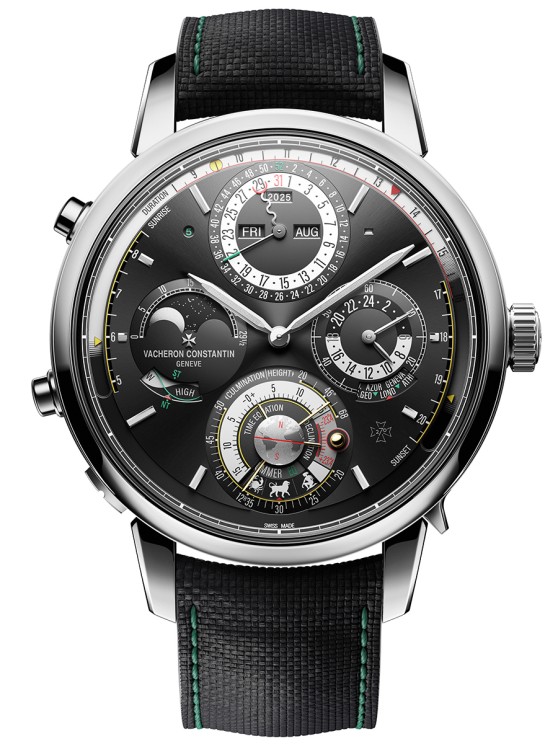
4. The most exclusive: Répétition Minute Perpétuelle, by A. Lange & Söhne
There was only one on display at the brand’s stand. Only 50 will ever be made. Production is expected to wrap up around 2030. And its price? About €750,000. A. Lange & Söhne’s Répétition Minute Perpétuelle, housed in a platinum case, is proof that there’s still room for ultra-exclusive, traditional haute horlogerie—beyond trends and market conditions, made by and for an elite. And for once, that’s something to be celebrated: it’s pieces like this that keep fine watchmaking at the highest level.
